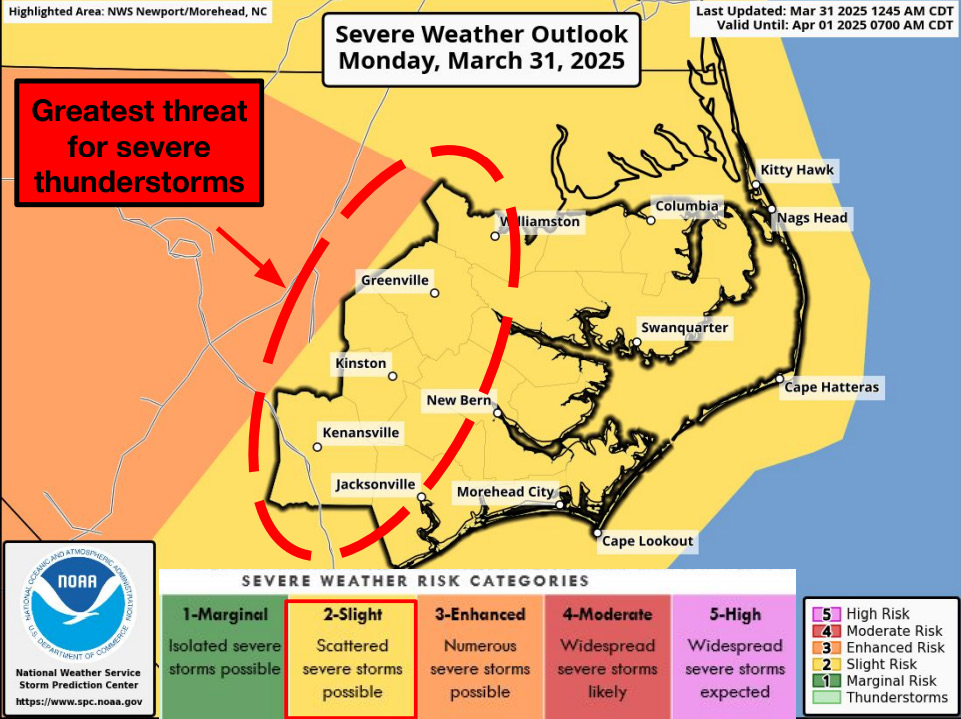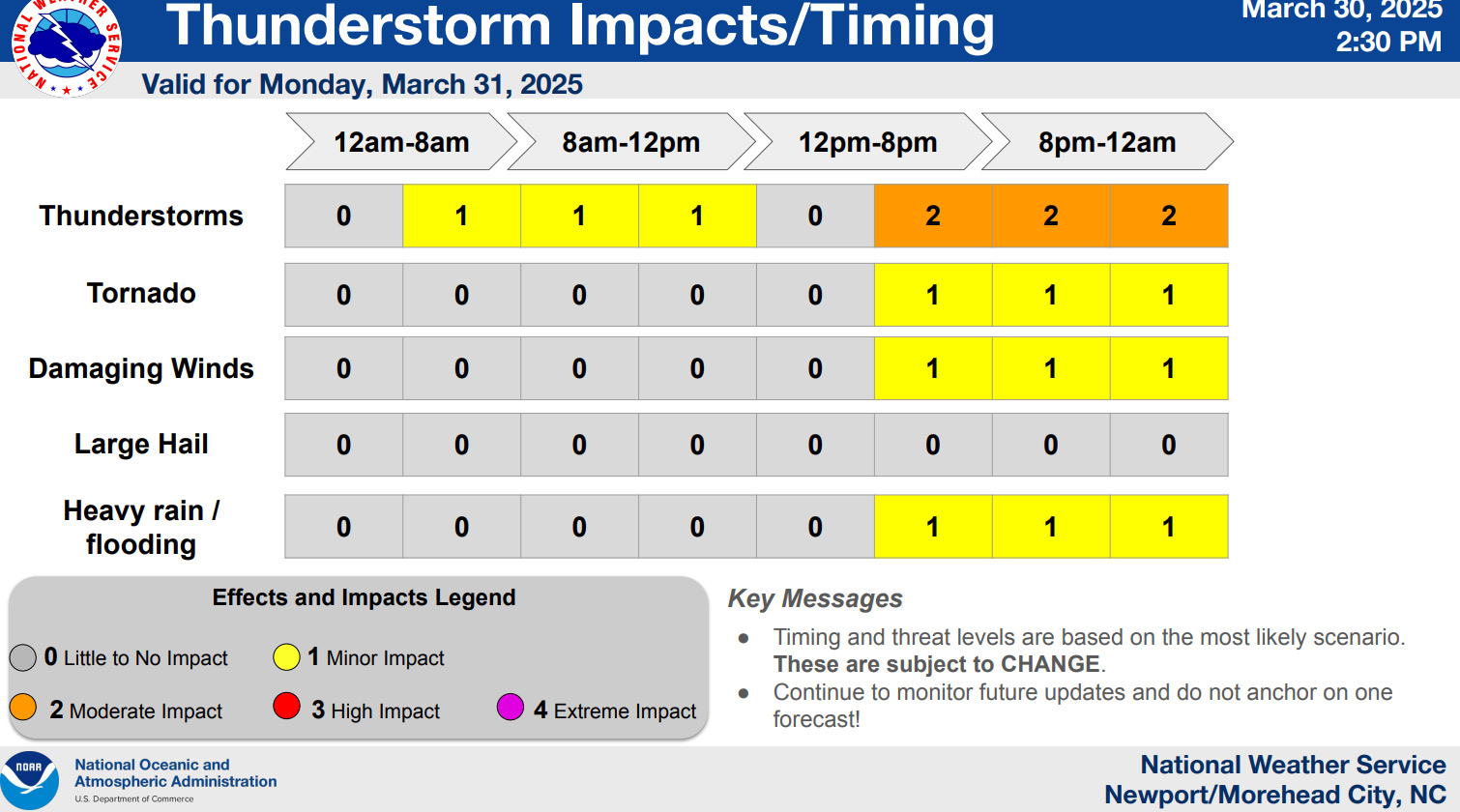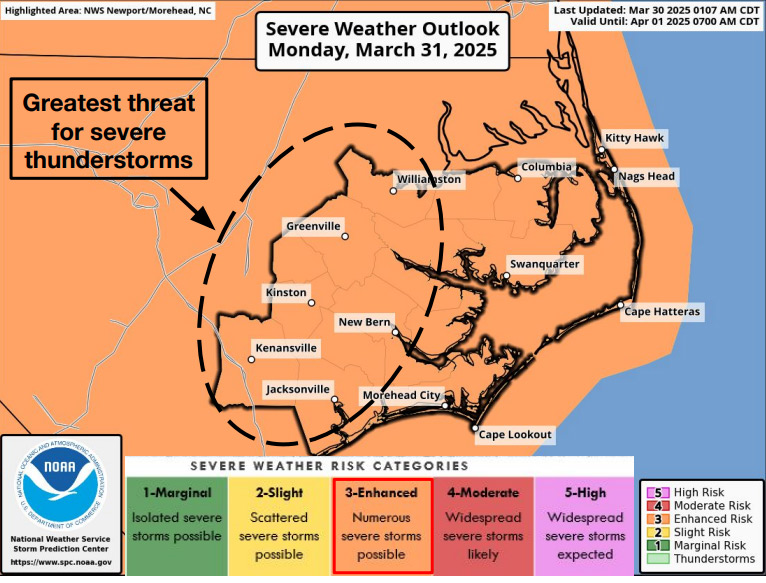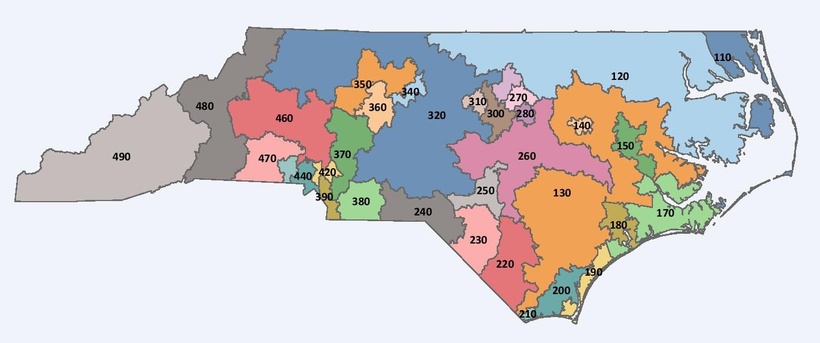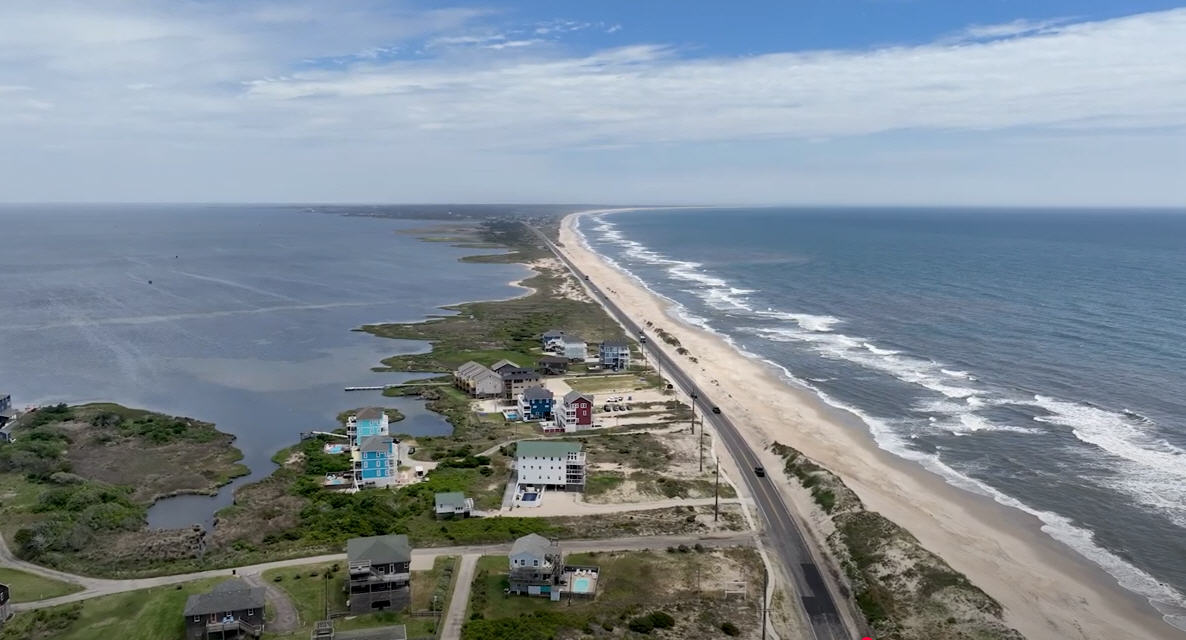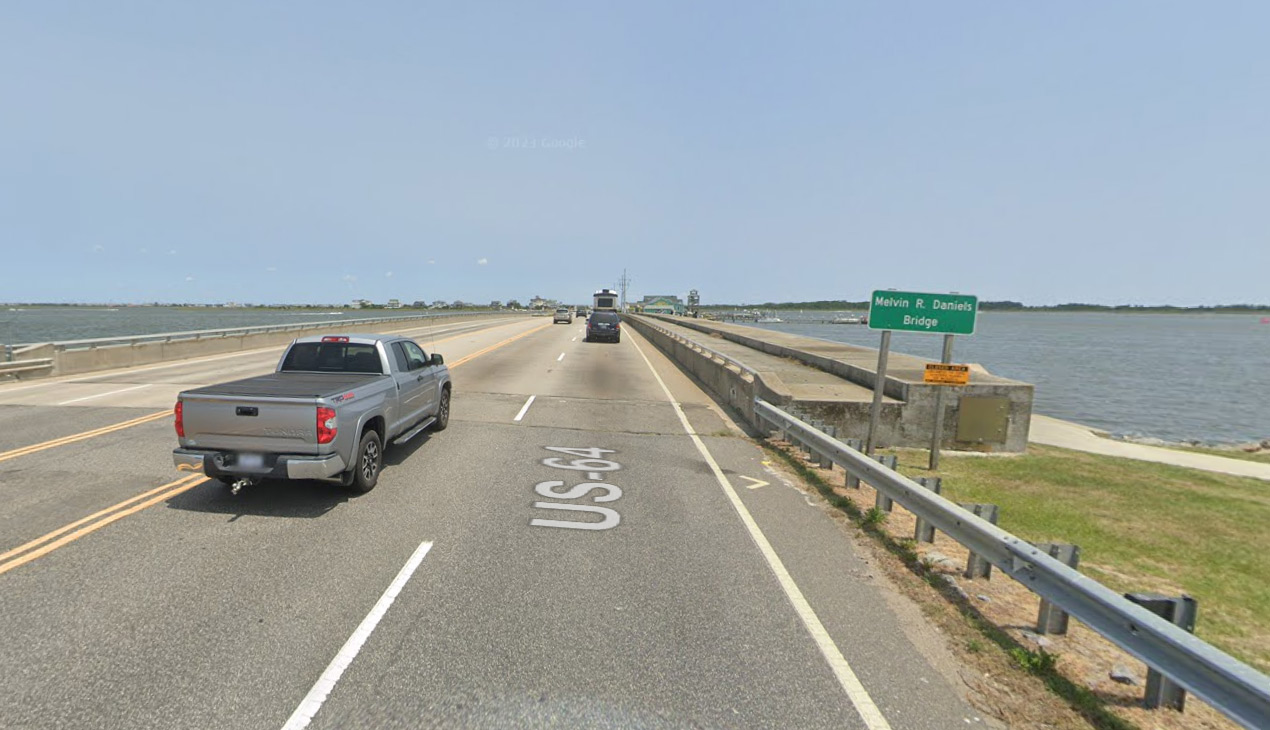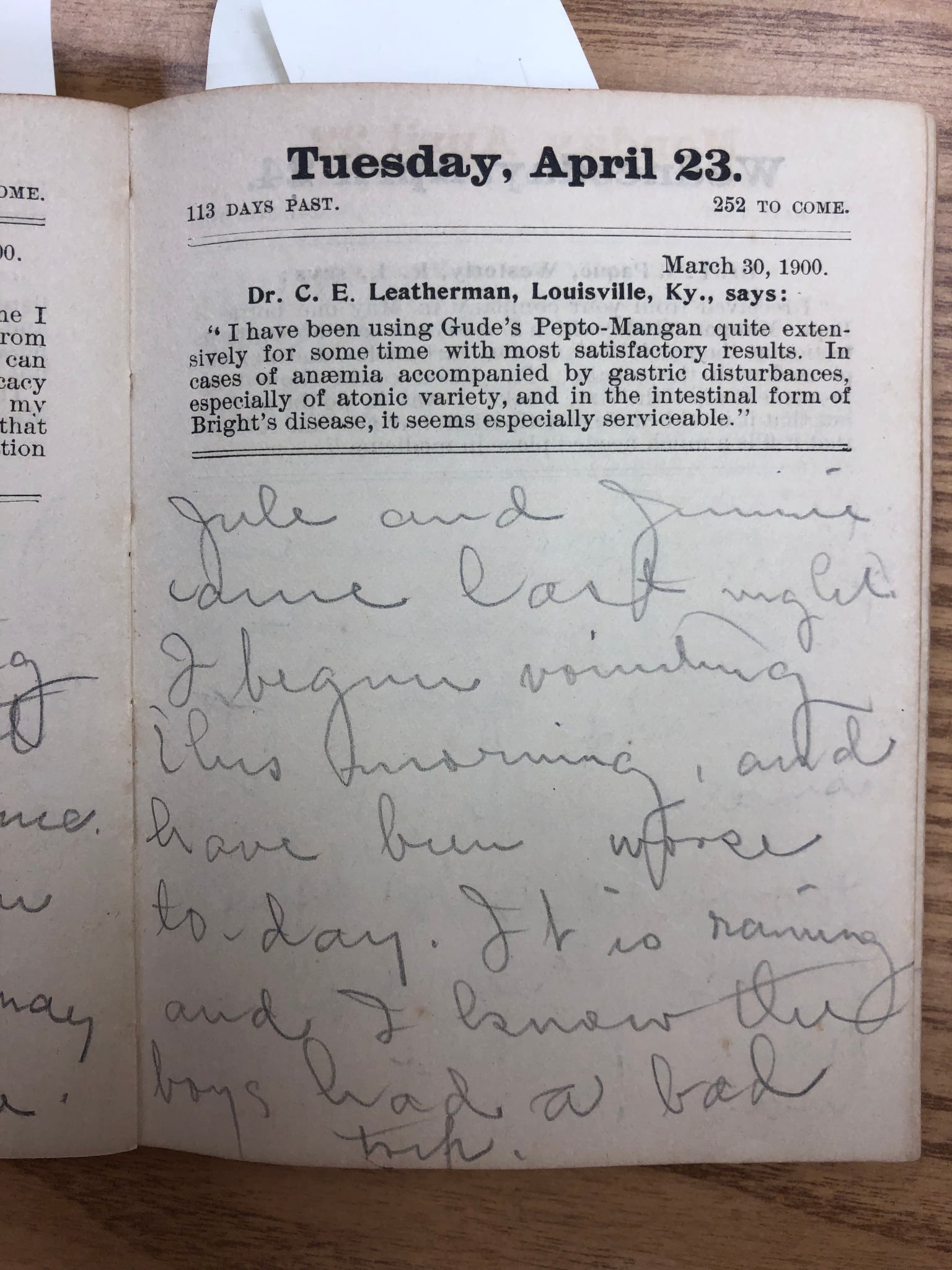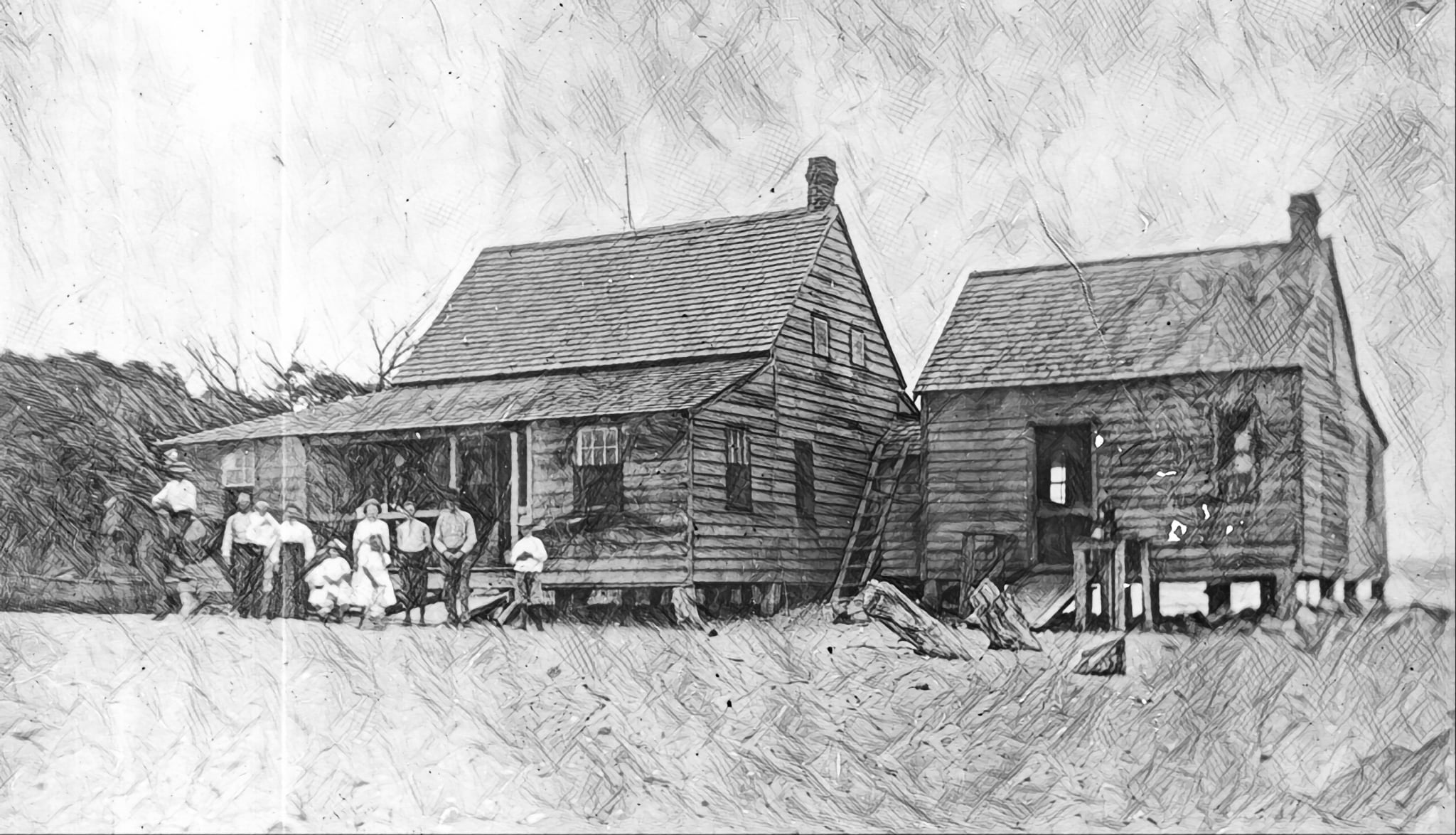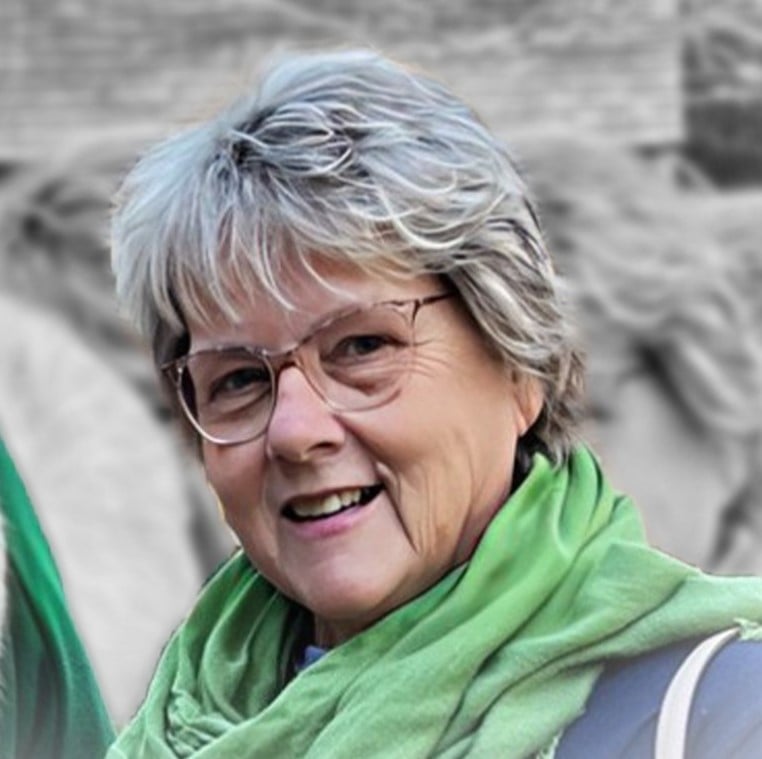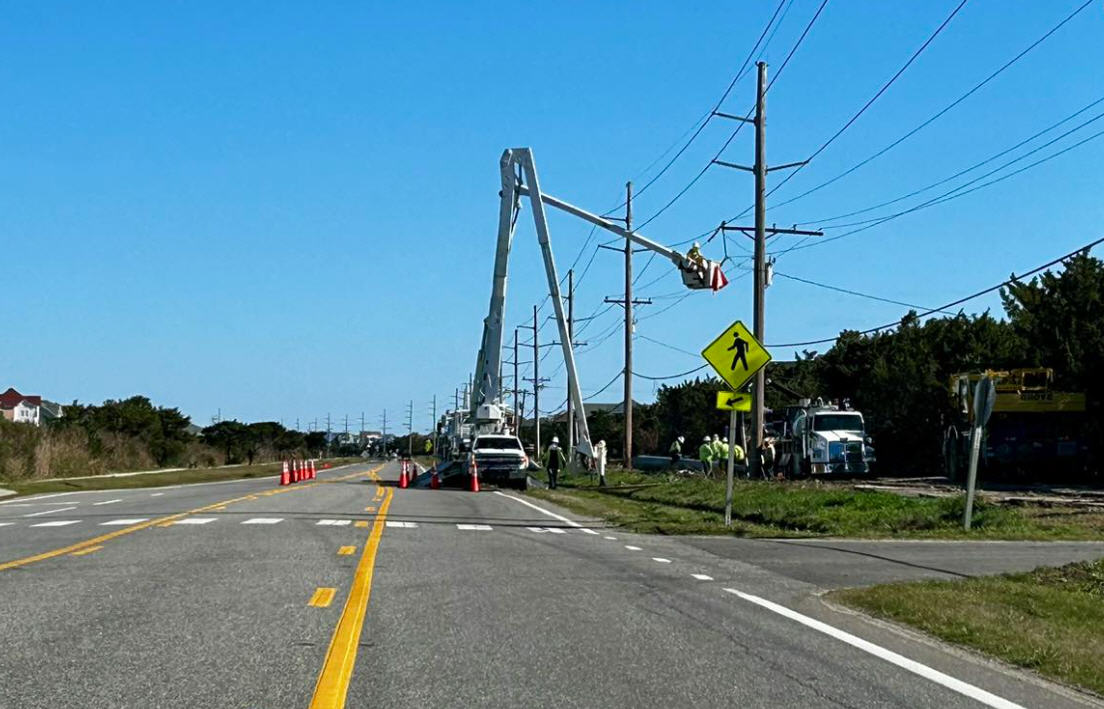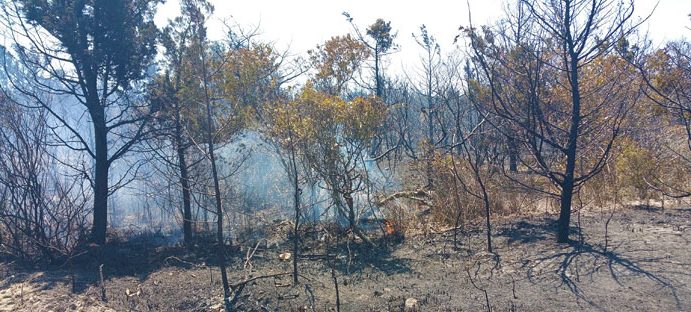Next Round in the Drilling Fight
Despite numerous requests for additional hearings and an extension of the deadline, the 60-day comment period on the Trump Administration’s proposal for expanded offshore drilling came and went, as expected, at midnight on March 9.
But local officials and advocates say the effort to exempt North Carolina, and other states, from the proposed drilling plan will continue unabated.
“Where we go from here is we continue to reach out to our federal legislators via emails and letters and tell them we think there ought to be an exemption from this plan for the entire Atlantic coast, not just one or two states,” said Dare County Commissioners Chair Bob Woodard. “We are all in a position to be put in harm’s way.”
Woodard was part of a contingent of local officials who met with U.S. Interior Secretary Ryan Zinke at the governor’s mansion in Raleigh on Feb. 3. He also spoke at an anti-drilling rally in the Hilton Midtown Hotel in Raleigh at the same time the Bureau of Ocean Energy Management (BOEM) open house meeting was being held on Feb. 26. That open house was the only such BOEM meeting held in the state of North Carolina.
Last week, another delegation of Dare County leaders — Woodard, County Manager Bobby Outten and Nags Head Mayor Ben Cahoon — traveled to Washington, D.C. to meet with congressional and BOEM officials to continue to apply pressure.
The group met on March 7 with legislative aides for N.C. Representatives David Rouzer and Ted Budd and Senator Richard Burr, along with meeting personally with Representative Walter Jones. The next day, they were part of a larger meeting of about a dozen participants with BOEM leaders, scientists and staffers, including BOEM Acting Director Dr. Walter Cruickshank.
Cahoon said the meeting, which featured a diverse group of participants, “was really pretty enlightening and you could tell they felt very strongly about this. And Acting Director Cruickshank acknowledged, ‘We can hear the passion in what you’re saying and we don’t dismiss that.’ So that tells me that making that trip had real value.”
Along with meeting BOEM leaders, the group had the opportunity to participate in a panel briefing in the Capitol Building, a video of which can be found on Ben Cahoon’s Facebook page.
While many of Dare County’s and its towns’ political leaders have come out strongly against drilling for energy off the coast of North Carolina, there are differing views, particularly within the local Republican Party.
In one example, State Representative Beverly Boswell issued a March 9 release that reiterated her support for the Trump Administration’s offshore energy plan and criticized her Republican primary opponent, Currituck County Commissioner Chair Bobby Hanig, who she said “sounds like Bernie Sanders” with his “emotional” opposition to drilling in the Atlantic.
Last week, the Currituck County Board of Commissioners voted to oppose offshore drilling and seismic testing, a controversial method of locating undersea energy deposits that is a precursor to drilling.
Next on the agenda as BOEM works its way toward a final approval of oil and gas leases is the development of a Proposed Program, expected to be published in late 2018, along with a Draft Programmatic Environmental Impact Statement (PEIS), which will examine the potential environmental impacts of the proposed program’s options and alternatives. This will be followed by another 90-day comment period.
OBX Surfrider Foundation’s Matt Walker, noting how opponents of drilling have been “saved” in the past by oil disasters, said the strategy now is to fight the plan at every step of its development through submitting effective comments that are personal and offer a “human face” behind the numbers.
Agreeing, Cahoon said there is a growing interest among many legislators in finding a way to force BOEM to have coastal meetings in the next round of public comment.
“This is the closing of this round,” he emphasized, “but there will be more opportunity for comment. And in communicating with your delegation — senators and congressmen — writing letters, sending emails and calling their offices, it’s effective to tell your story and talk specifically about how a spill could affect your life.”
While citing the county’s support for “responsible development of our nation’s energy supply,” Woodard added that, “We cannot ignore the potential risk of offshore drilling and exploration, which would needlessly put our environment and our entire way of life at risk. Our community cannot become the next Prince William Sound or Deepwater Horizon.”




